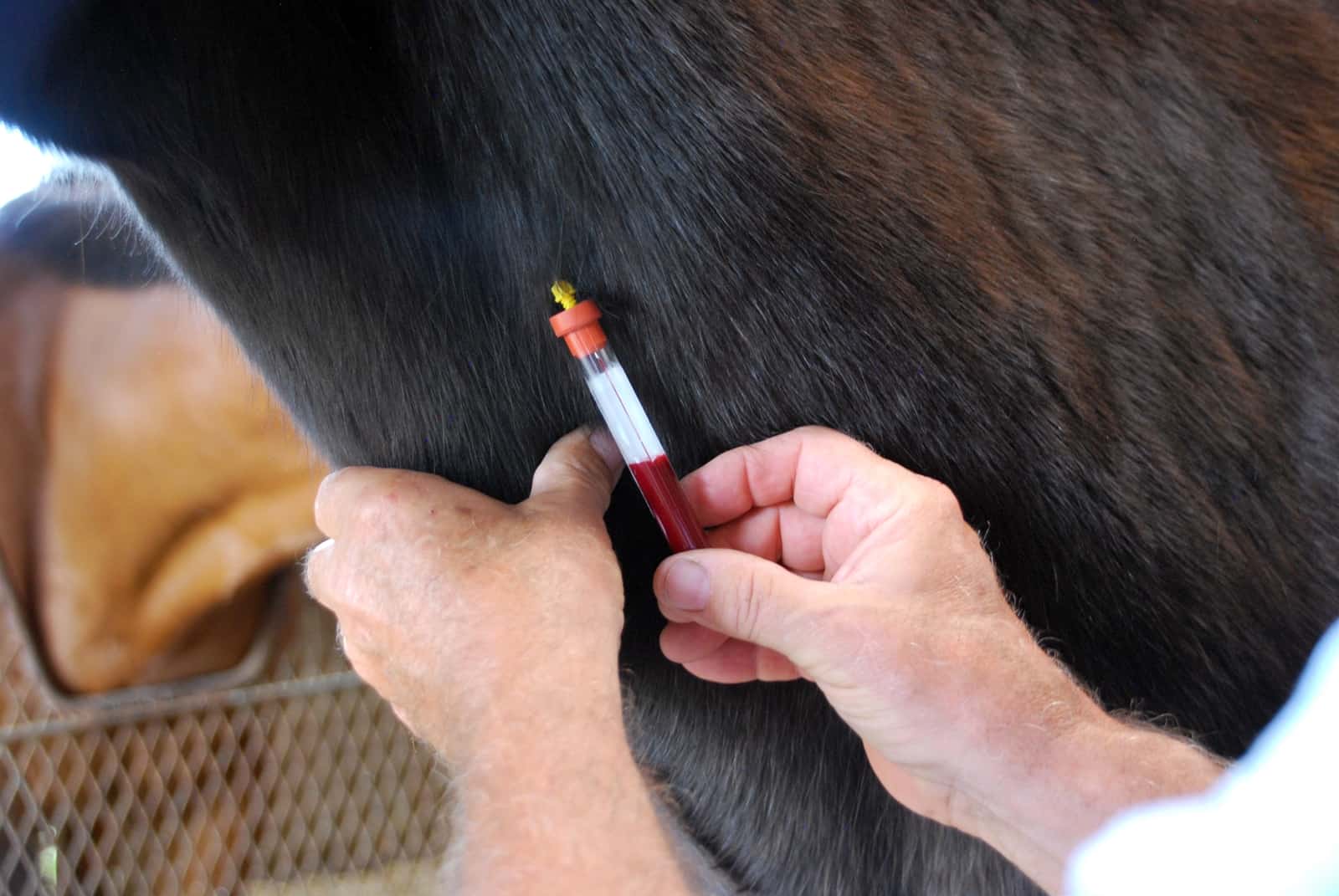EIA in Georgia Horses: Three Cases Confirmed

In a Jan. 11 statement, the Georgia Department of Agriculture’s (GDA) Animal Industry Division reported that three positive cases of equine infectious anemia (EIA) were confirmed in Quarter Horses residing at a Paulding County facility in late 2018. Including these cases, there were eight confirmed cases of EIA in Georgia County in 2018, the GDA said.
In compliance with federal guidelines and protocols, the affected horses were euthanized. The remainder of the horses at the facility are under quarantine pending follow up testing in 60 days.
“With no cure, the most appropriate course of action is to euthanize the affected horses,” said State Veterinarian Robert Cobb, DVM. “The quality of life for these animals decreases dramatically; without humane euthanasia, there would be a prolonged struggle against this terminal illness
Create a free account with TheHorse.com to view this content.
TheHorse.com is home to thousands of free articles about horse health care. In order to access some of our exclusive free content, you must be signed into TheHorse.com.
Start your free account today!
Already have an account?
and continue reading.

Written by:
Erica Larson
Related Articles
Stay on top of the most recent Horse Health news with















